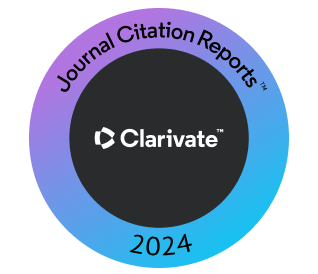
ARCHIVING POLICY
At Aro - The Scientific Journal of Koya University, we prioritize the long-term preservation of scholarly content to ensure its availability for future generations. To achieve this, we have implemented an archiving policy that utilizes the LOCKSS and CLOCKSS systems.
LOCKSS (Lots of Copies Keep Stuff Safe) is an open-source software developed at Stanford University Library. It enables participating libraries to create a distributed archiving system by regularly polling registered journal websites for newly published content and archiving it. The archived content is continuously validated against other library caches, ensuring its integrity. In the event of content loss or corruption, the other caches or the journal itself can be used to restore the content. Aro supports the LOCKSS system, providing a secure and permanent archive for the journal.
In addition to LOCKSS, Aro also supports the CLOCKSS (Controlled Lots of Copies Keep Stuff Safe) system. CLOCKSS is based on the open-source LOCKSS software and follows a similar archiving approach. It enables libraries to regularly poll registered journal websites, archive the content, and validate it against other library caches. This ensures that multiple copies of the content are stored securely, and in case of any issues, the content can be restored from other caches or the journal's repository.
Moreover, Aro is digitally preserved in the PKP Preservation Network (PKP PN). The PKP PN deposits content using the LOCKSS Program, which offers decentralized and distributed preservation.
By utilizing both LOCKSS and CLOCKSS systems, Aro enhances the preservation and accessibility of its published content. Participating libraries have the ability to create permanent archives of the journal, safeguarding it for the purpose of long-term preservation and restoration.
We are committed to collaborating with these archiving systems to ensure that the research published in Aro remains accessible and protected. Our archiving policy aligns with industry best practices and reflects our dedication to the dissemination and preservation of scholarly knowledge.
Thank you for your contributions to Aro, which contribute to the rich repository of scientific literature preserved through these archiving systems.












 ARO Journal is a scientific, peer-reviewed, periodical, and diamond OAJ that has no APC or ASC.
ARO Journal is a scientific, peer-reviewed, periodical, and diamond OAJ that has no APC or ASC.